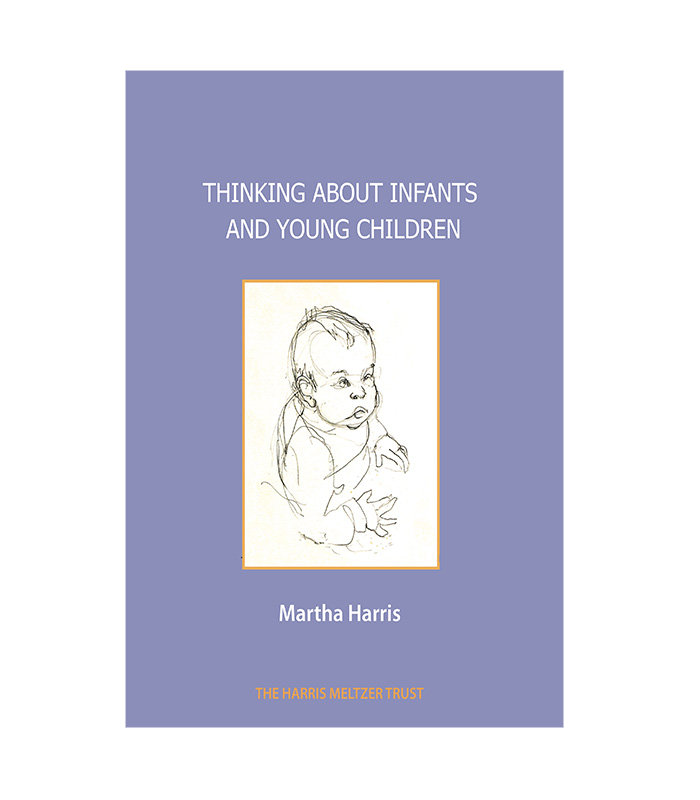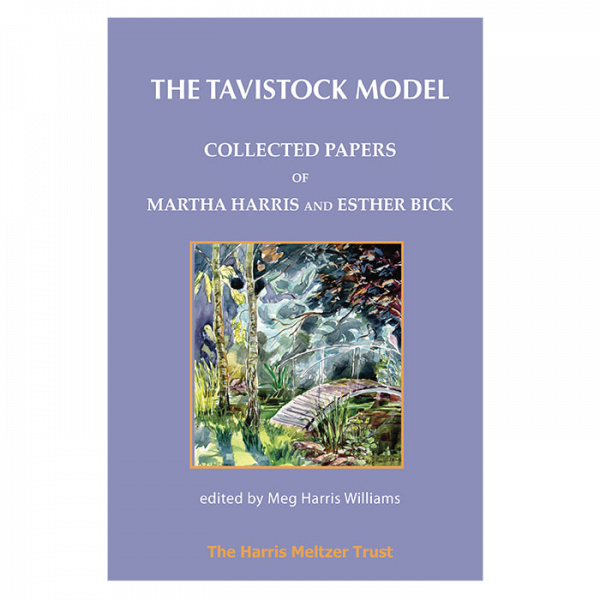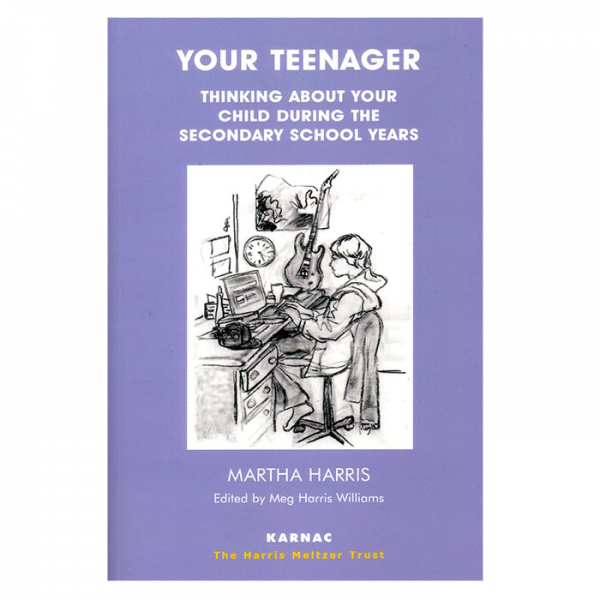Preface
Margaret Rustin
Introduction
CHAPTER 1 – Parenthood
Becoming a parent
Motherhood
Reactions to birth
Fatherhood
Mrs B’s first baby
CHAPTER 2 – The new baby’s point of view
Uniqueness of your new-born baby
The baby’s world
The baby’s need to feel held
Expressing his needs
How mother becomes a person for him
Breastfeeding
Comforters
Mrs R’s relationship with her baby
CHAPTER 3 – Coming up to six months
Discovering the world and himself
Discovering his parents
The ability to be separate
Curiosity and jealousy
Greediness
Mrs J’s relationship with Olivia (6 months)
Alan’s emotional development (4 months)
CHAPTER 4 – Weaning
Starting to wean
Taking it slowly
Mrs L – reluctance to wean
CHAPTER 5 – The toddler stage
Teaching obedience
Prohibitions
Allowing him to do things for himself
Toilet training
Feelings about the products of his body
Sleeping troubles
Marion’s nightmares
Prolonged sleeping troubles
Jimmy – a poor sleeper and over-eater
CHAPTER 6 – Encouraging growth
Letting the child become himself
Setting limits
Strictness and spoiling
Margaretta – spoiled by too much attention
Punishment
Fears and conscience
CHAPTER 7 – Brothers and sisters
Preparing your child for the arrival of a new baby
Brian – whose mother is pregnant
What to do with your small child when you are confined?
Managing more than one small child
Melinda – playing at being grown up
Bob and his younger sister
Jenny, who won’t stand up for herself
When to say “no”
CHAPTER 8 – The young child’s education
Parental instruction
Sex education
Nursery school
Starting primary school
Peter starts primary school
CHAPTER 9 – Various questions
The threesome relationship
Sexuality in the young child
James – whose parents divorced
Explaining death
Willie – worries about death
Father Christmas – for example
Play and stories: their relation to the inner and outer world
CHAPTER 10 – Further thoughts about marriage and becoming a parent
Difficulty in believing that you really are a mother
Irrational anxieties about the baby before and after birth
Is the baby all right? Is he the right one, is he my baby?
Adopting a baby
Preparing for adoption
Is he any less your child because he is adopted?
Leaving your infant in the care of others
Learning to live with tragedy





ANN CEBON, Psychoanalytic psychotherapist (Tavistock), Melbourne, Australia –
‘Martha Harris’s book Thinking about Infants and Young Children is truly a seminal work. It remains as lively, insightful and relevant as Martha Harris was as a teacher. This is a book that has not dated. It has accompanied me in my professional work, from London to Melbourne, since 1975, as a valuable resource to me as both clinician and teacher of infant observation.’
MIRIAM BOTBOL, author of ‘Bebé, bienvenido al mundo’; founder member of the Psychoanalytic Group of Barcelona, Spain –
‘What makes this book so attractive? Is it the way it raises problems without putting the blame on parents? Is it the deep understanding of children? Is it the simplicity of expression with which complicated and important issues are discussed? All these qualities made the book a great source of inspiration for me.’
DIDIER HOUZEL, psychoanalyst, professor of child psychiatry, a founder of the GERPEN mother-baby research group, Caen, France –
‘Psychic growth is a very complex process throughout childhood. There is no recipe for rearing a child, no good or bad way per se to treat him. Parents must be able to observe each of their children and think about them individually. In limpid language, Martha Harris gives many wonderful illustrations of this way of “observing and thinking”.’
ROMANA NEGRI, child psychotherapist and professor of child neuropsychiatry, University of Milan, Italy –
‘The Italian edition of this book, published in 1972, was immediately a huge success because it was not aimed at offering advice to parents and educators, but rather at a psychological understanding of the child that would improve the ambience and environment in which he was being brought up. Its step by step account of childhood includes aspects that were hardly taken into consideration at that time – such as sexuality, death, and parental divorce or separation. The author’s depth of thought and ease of expression have maintained readers’ interest over the years, as has been confirmed by the editions of 1985, 1999 and 2009.’
MARISA PELELLA MELEGA, psychoanalyst, founder of the Mother-Baby Study Centre, Sao Paulo, Brazil –
‘Thinking about Infants and Young Children has become a classic in Brazil since its publication in Portuguese in 1988. Thanks to this book both specialist and ordinary readers have had the opportunity to become acquainted with basic psychoanalytical concepts relevant to both the emotional development of the infant and to parental functions.’
MARJA SCHULMAN, child psychotherapist (Tavistock), Helsinki, Finland –
‘It is a pleasure to have a new edition of this lovely book, which encompasses so many core aspects of the life of the baby, his parents and siblings. Mrs Harris describes with clarity the development of these first relationships.
I have for years recommended this book to baby observation teachers and professionals interested in the emotional development of the infant and work with parents. It is written in such a captivating and lively way that many parents also have found it very useful in thinking about their infants.’